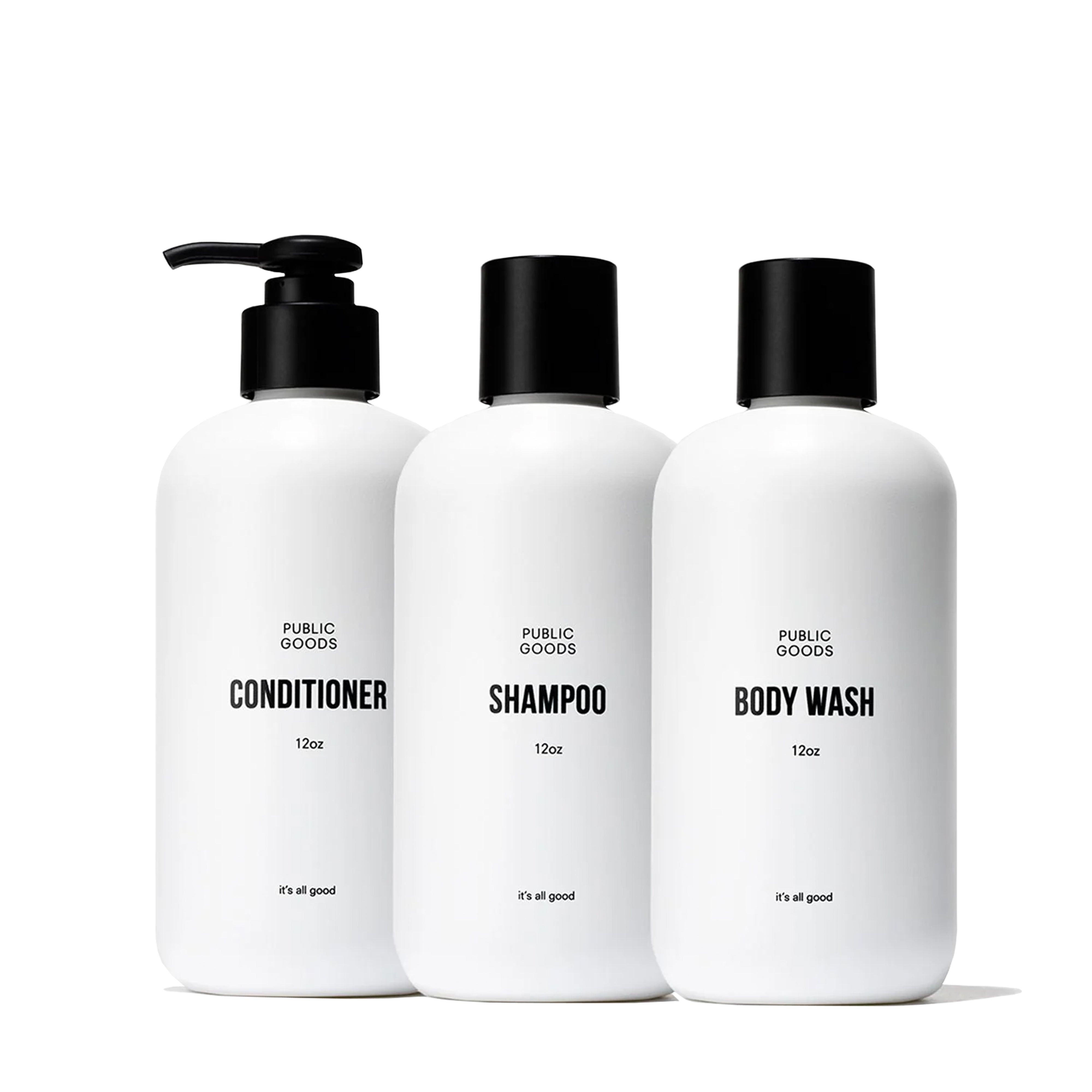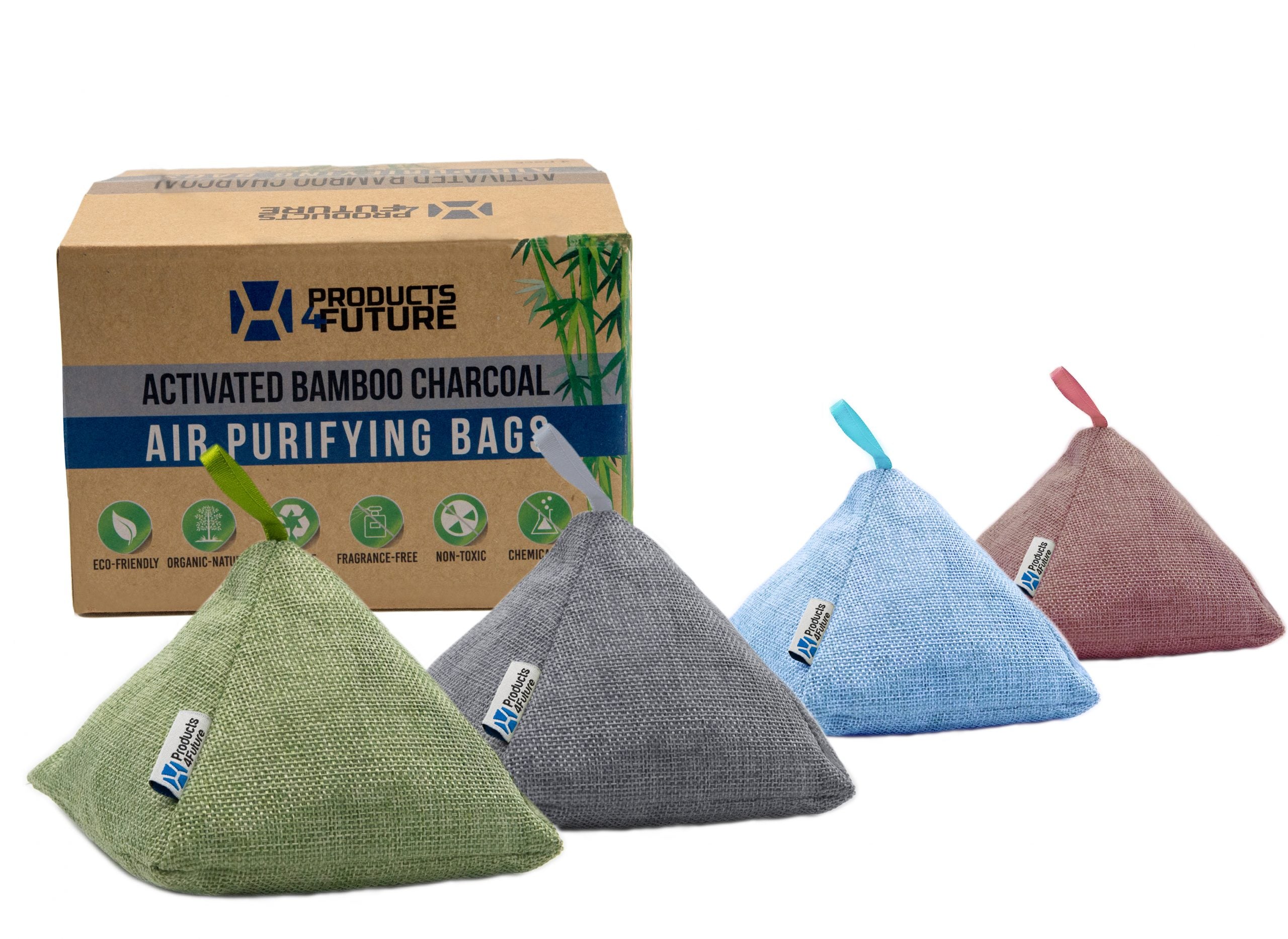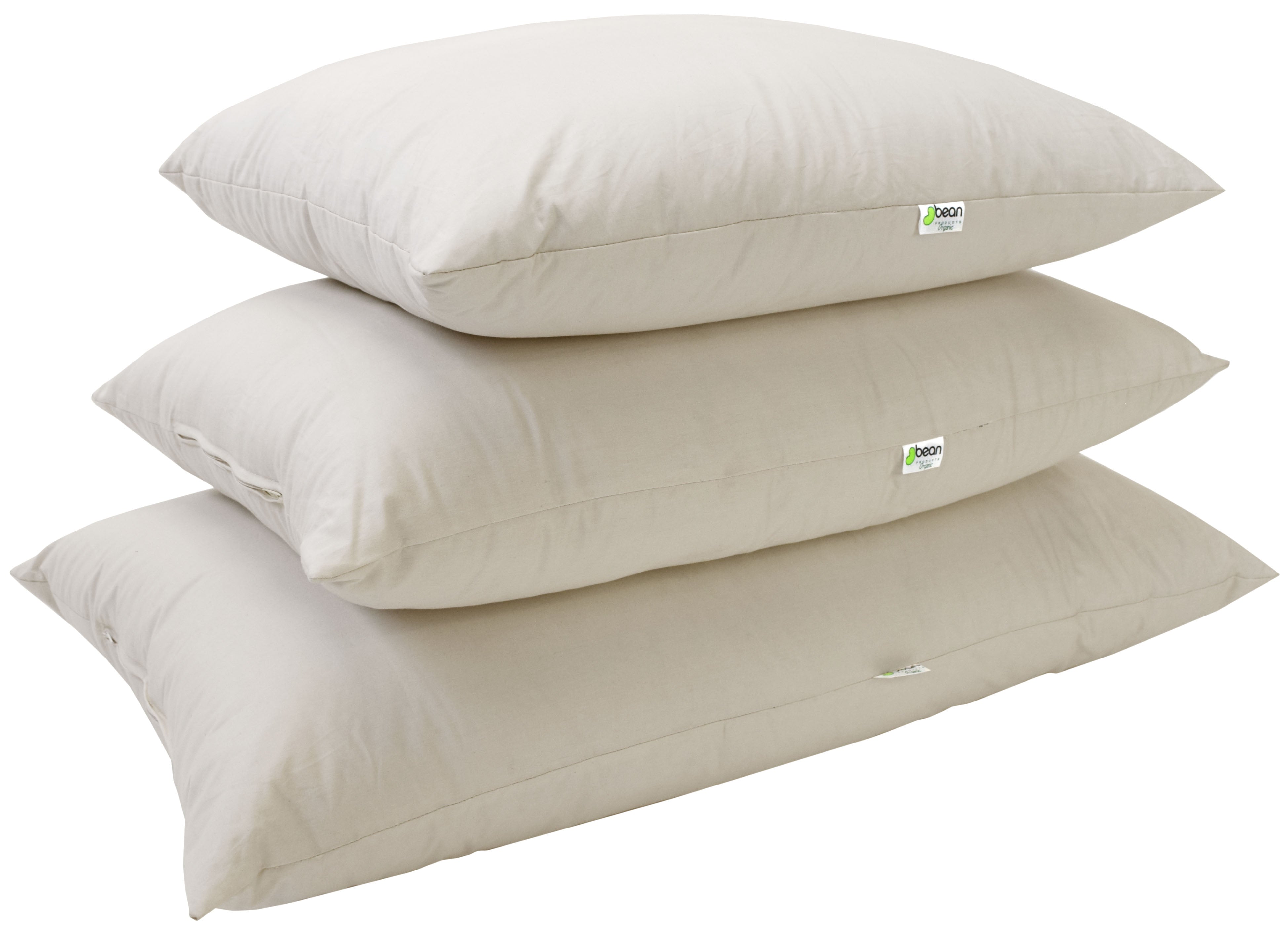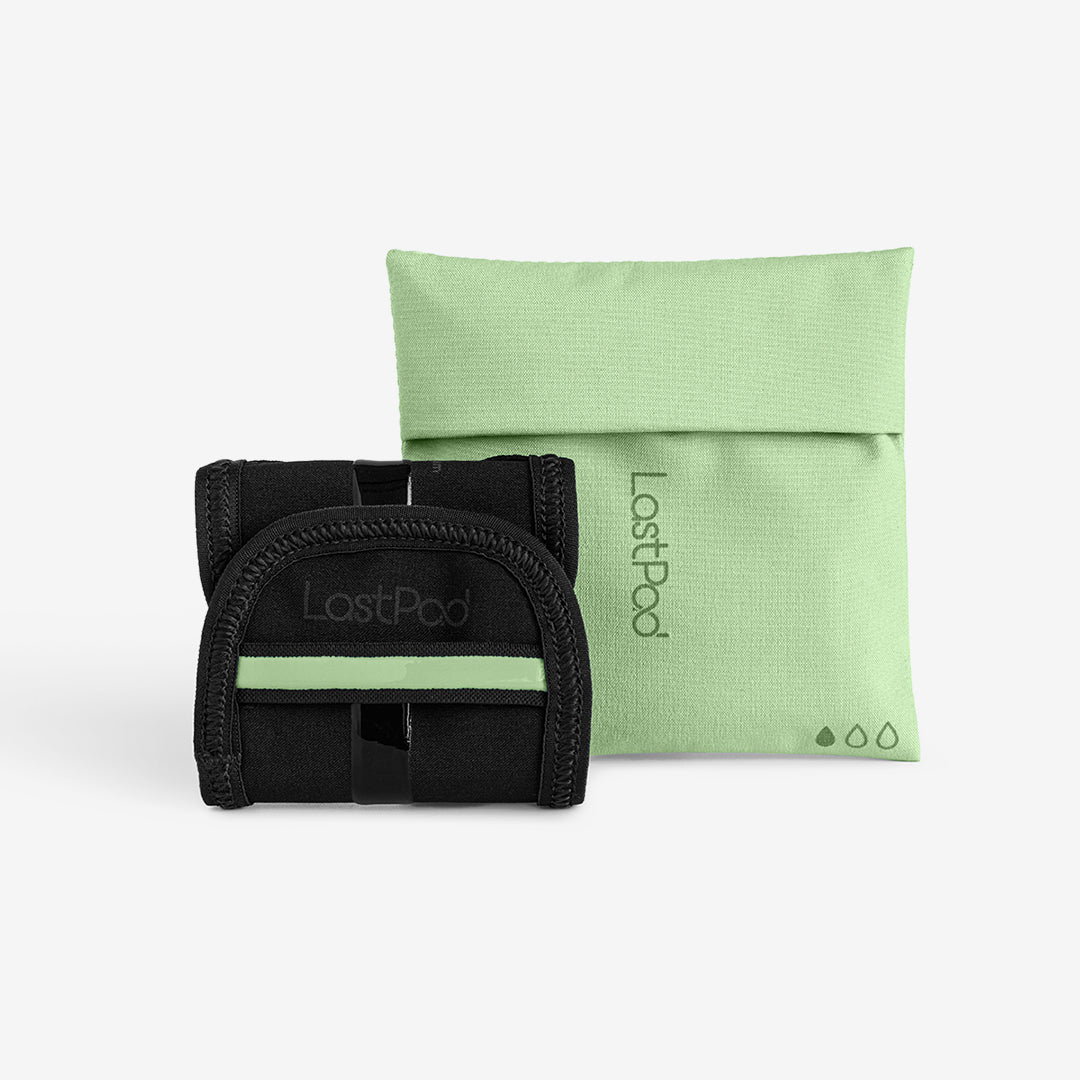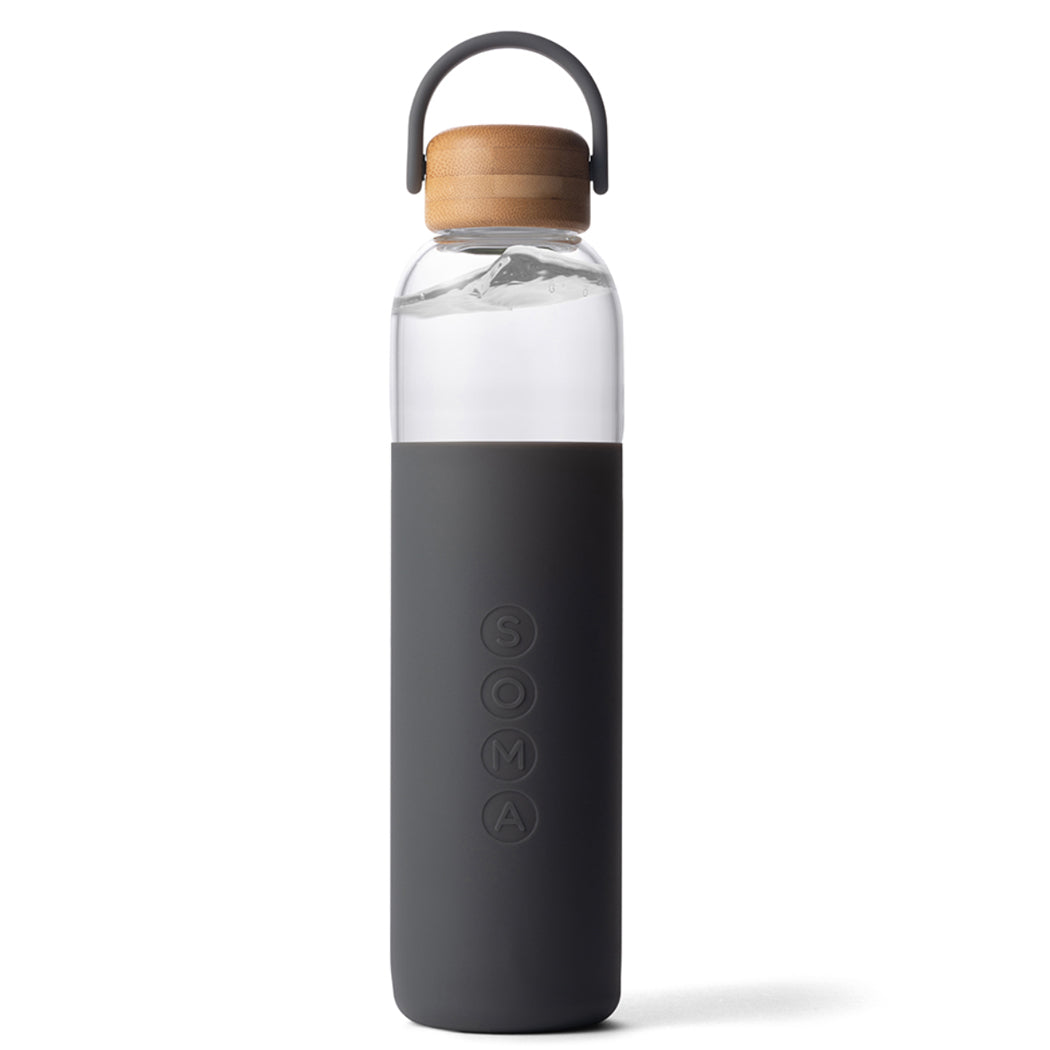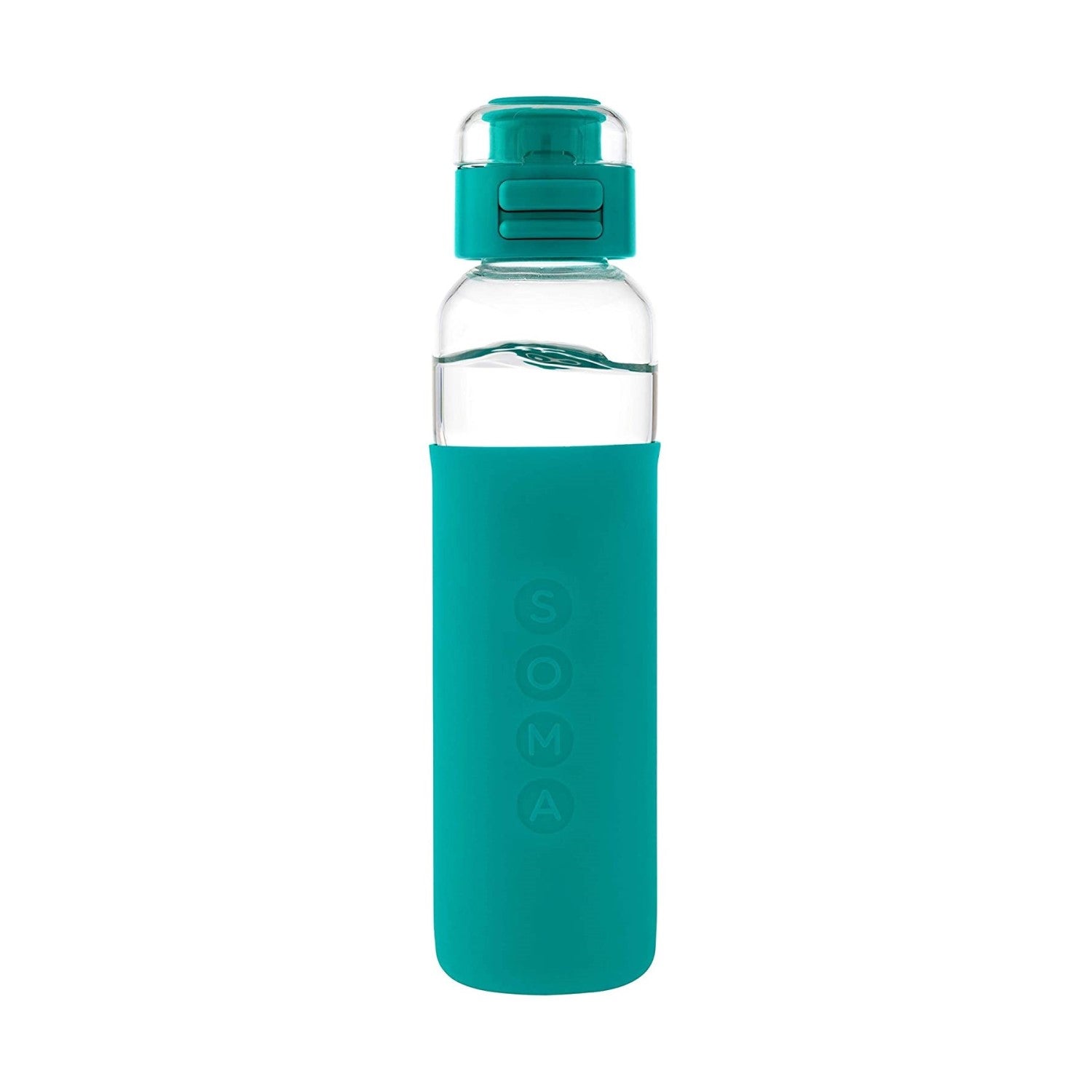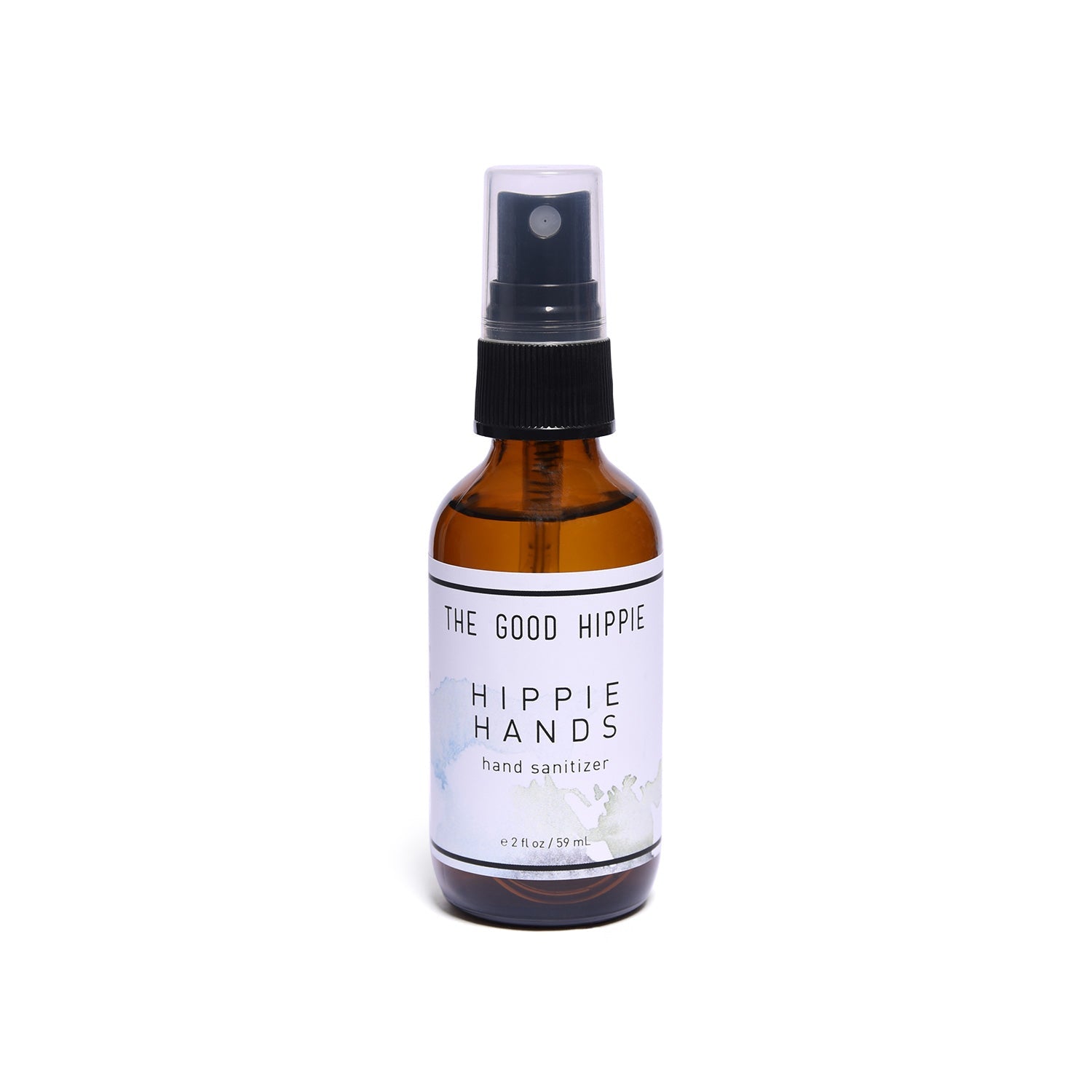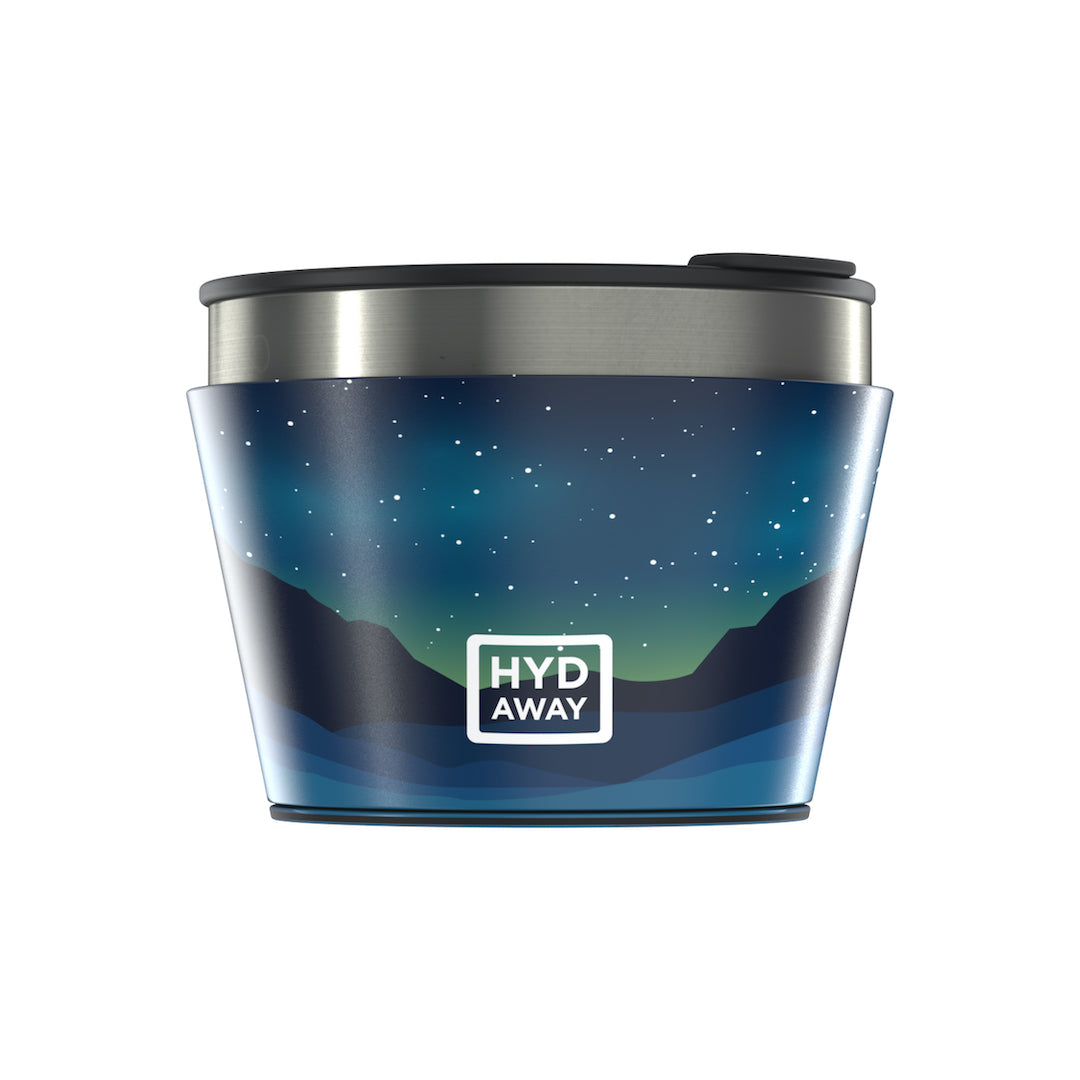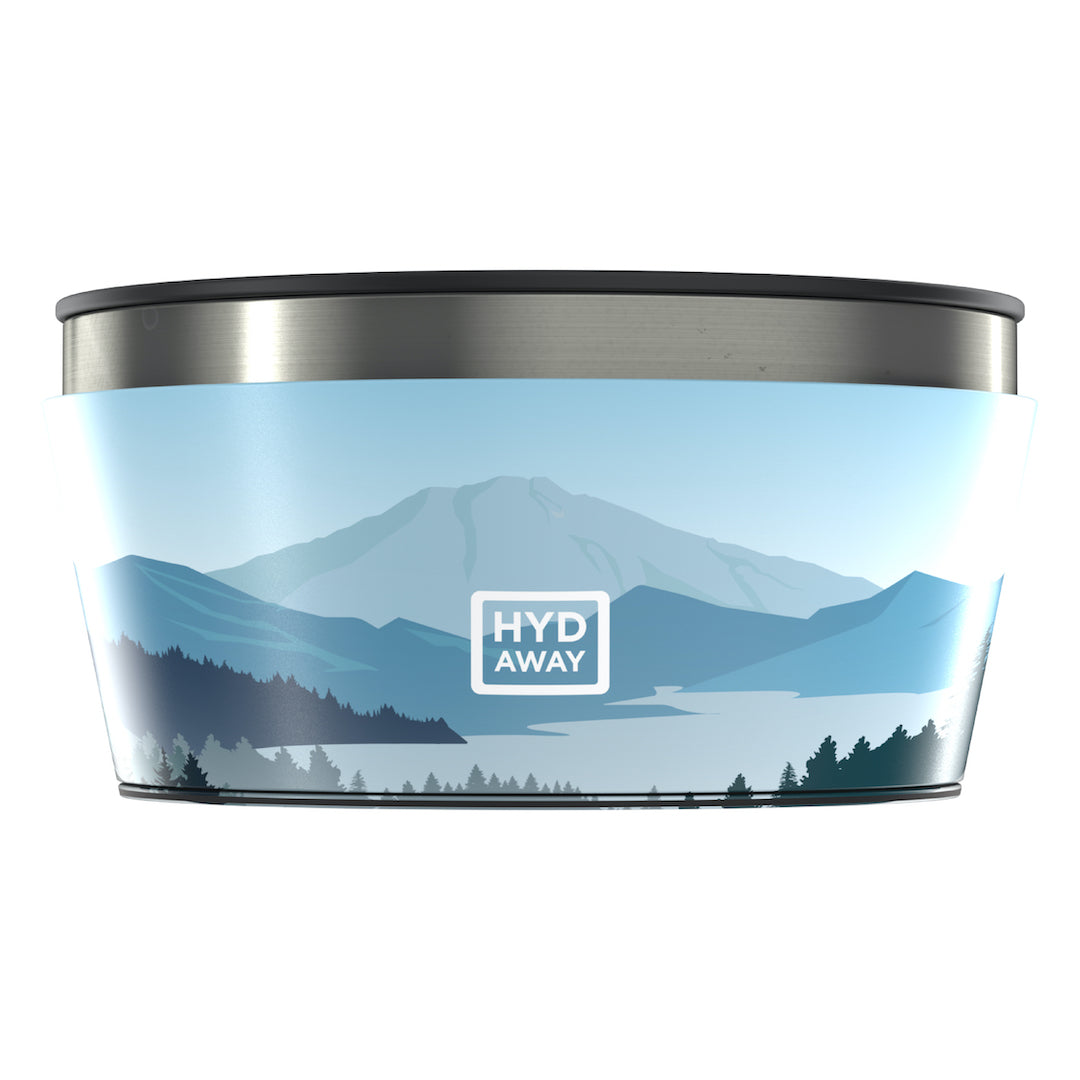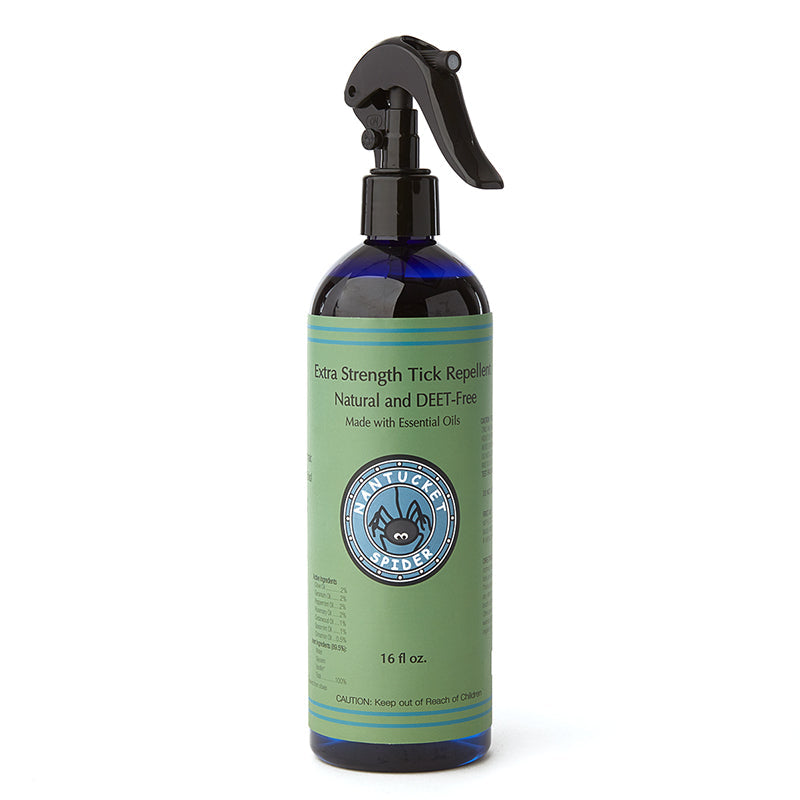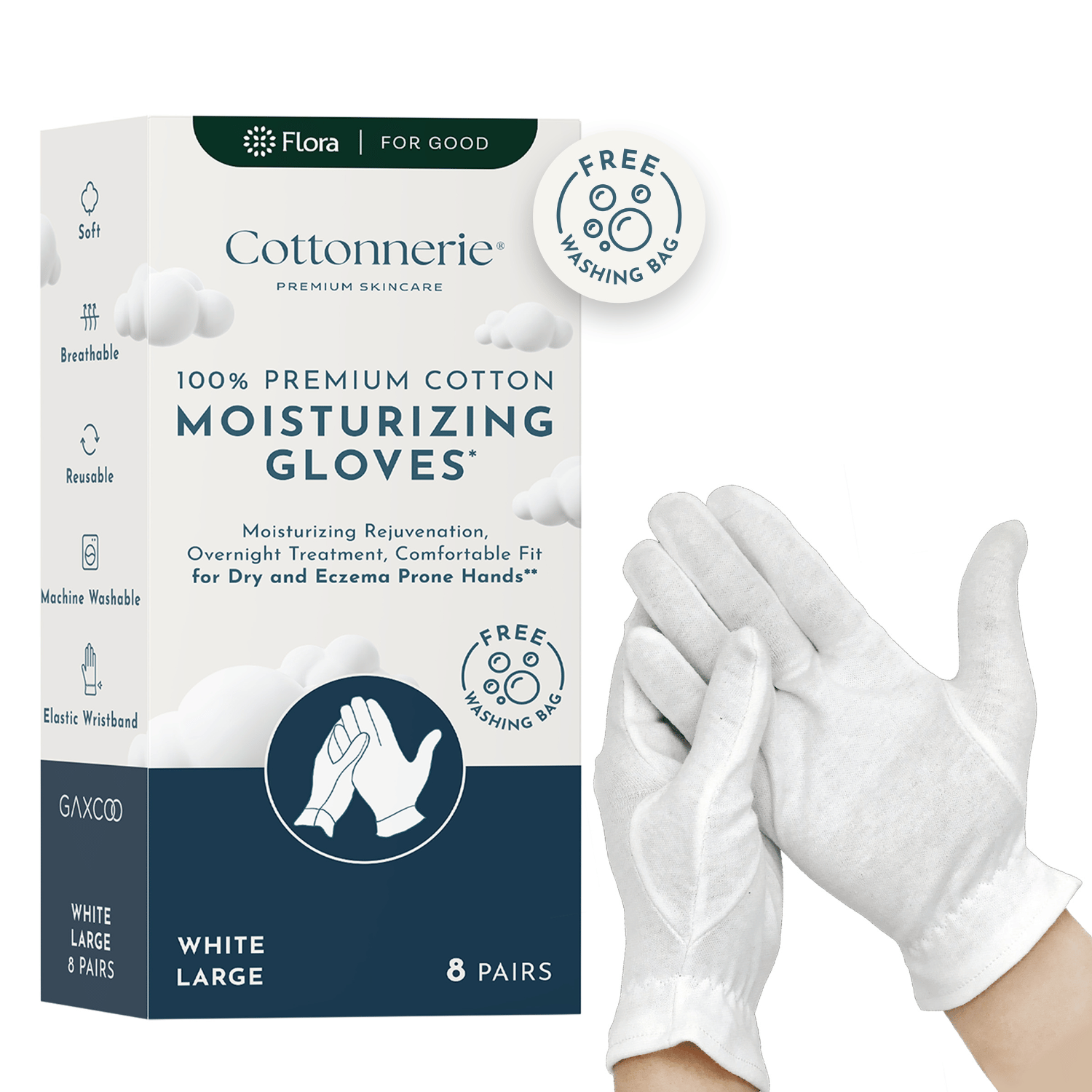
Choosing organic in home textiles is not merely a trend, but a conscientious decision toward a healthier lifestyle and a more sustainable world. Organic bedding and towels, crafted from materials grown without the use of harmful pesticides, synthetic fertilizers, or genetically modified organisms, offer a pure and natural alternative to conventional textiles.
Opting for organic textiles is particularly vital. These products directly touch our skin, the largest organ of our body, for several hours every day. By choosing organic, you're not only ensuring that your family is not exposed to allergens and irritants often found in chemically treated fabrics, but you're also nurturing their overall well-being and comfort.
The benefits of organic home textiles extend beyond personal health, significantly impacting environmental sustainability. Organic farming practices for materials like cotton and bamboo maintain soil health, conserve water, and reduce the overall carbon footprint. By supporting these practices, consumers help promote biodiversity and prevent contamination of water bodies from toxic agricultural chemicals.
What Does Organic Mean in Bedding and Towels?
When we talk about "organic" in the context of bedding and towels, we are referring to the way the raw materials, such as cotton, linen, or bamboo, are cultivated and processed before being transformed into the final products you use every day in your home. To be certified organic, these materials must be grown without the use of synthetic pesticides, herbicides, or genetically modified organisms (GMOs). This ensures that the products are not only safer for your skin but also for the environment.
Organic certification for textiles is governed by various standards across different regions, but some of the most recognized include the Global Organic Textile Standard (GOTS), the USDA Organic certification, and the Organic Content Standard (OCS). These certifications ensure that every step of the production process, from the farm to the finished product, adheres to strict organic and toxicological criteria. For instance, GOTS not only covers the environmental aspects of textile production but also enforces ethical labor practices, making sure that the entire process supports both the planet and its people.
The Health and Environmental Benefits of Organic Bedding and Towels
Health Benefits of Organic Bedding and Towels
Reduced Exposure to Chemicals: Organic textiles are free from harmful pesticides and synthetic fertilizers, reducing your skin's exposure to irritants that can cause rashes, allergies, and other skin conditions.
Better for Sensitive Skin: The gentle nature of organic fabrics makes them ideal for those with sensitive skin, including babies and those with skin conditions like eczema.
Non-Toxic Sleep Environment: Organic bedding creates a healthier sleeping environment, free from off-gassing chemicals commonly found in processed textiles, which can disrupt sleep and overall health.
Natural Moisture Absorption: Organic materials like cotton are highly breathable and better at absorbing moisture, providing a more comfortable sleep by regulating body temperature more effectively.
Environmental Benefits of Organic Bedding and Towels
Sustainable Farming Practices: Organic farming maintains soil health and uses less water compared to conventional farming, which often relies on excessive water use and chemical fertilizers.
Reduced Carbon Footprint: By avoiding chemical fertilizers and pesticides, organic farming reduces greenhouse gas emissions, contributing to a lower carbon footprint of the products.
Biodiversity Preservation: Organic farming supports greater biodiversity, encouraging a variety of plants and animals to thrive, which is crucial for ecological balance.
Prevention of Water Contamination: Organic practices prevent harmful chemicals from contaminating water supplies, thus safeguarding aquatic life and maintaining clean drinking water sources.
Encourages Ethical Labor Practices: Certifications like GOTS not only ensure organic integrity but also enforce ethical labor practices, promoting fair conditions and wages for workers in the textile industry.
Types of Organic Materials Used in Bedding and Towels
Organic materials are at the heart of eco-friendly home textiles, offering both comfort and sustainability. Here's a closer look at the types of organic materials commonly used in bedding and towels:
Organic Cotton
Description: Organic cotton is grown without harmful chemicals and genetically modified seeds. It's one of the most popular materials for organic textiles due to its softness, breathability, and absorbency.
Benefits: It is hypoallergenic and gentle on the skin, making it ideal for bedding and bath towels. Organic cotton also uses significantly less water compared to conventional cotton farming, supporting water conservation efforts.
Bamboo
Description: Bamboo fibers are derived from bamboo plants, which are known for their rapid growth and ability to thrive without pesticides or fertilizers. Bamboo is transformed into fabric through mechanical or chemical processes, although the most sustainable method is the mechanical one, which retains the organic status.
Benefits: Bamboo fabric is incredibly soft, naturally antibacterial, and moisture-wicking, making it suitable for both bedding and towels. It also has excellent durability and thermal-regulating properties, keeping you cool in the summer and warm in the winter.
Hemp
Description: Hemp is a highly sustainable crop that grows quickly, does not require much water, and naturally resists pests. Hemp fibers are extracted from the stalks of the plant and can be used to produce a durable and strong fabric.
Benefits: Hemp fabric is known for its durability, which can outlast cotton and other fibers. It softens with each wash and wear, making it increasingly comfortable over time. Hemp is also mold and mildew resistant, making it excellent for towels in damp environments.
Linen
Description: Linen is made from the fibers of the flax plant, which, like hemp, does not require much in the way of pesticides or water. It is one of the oldest textiles in the world and remains prized for its distinctive texture and high quality.
Benefits: Linen is highly breathable and absorbent, which is especially beneficial in warm climates. It is also naturally bacteriostatic, hypoallergenic, and can biodegrade completely, making it an environmentally friendly choice for bedding and towels.Daily Deals
See All ProductsBest Sellers
Most Popular
Explore and shop the most popular products. Updated frequently!

5 min
National Coffee Day: Celebrate Conscious Coffee Consumption with Flora
In today's world, where sustainability is more than a trend but a necessity, Flora is proud to spotlight a selection of eco-friendly products designed to enhance your daily coffee ritual while caring for the planet.

6 min
Sustainable Living Guide #13: Sustainable Building and Renovation
Undecided with Matt Ferrell
Sustainable building and renovation represent a transformative approach to construction and home improvement that prioritizes environmental responsibility, resource efficiency, and the health of occupants.

5 min
Beach Day, the Eco Way: Must-Have Products from Flora!
From innovative sun protection options to stylish, sustainable beach gear, each product in our lineup adheres to Flora's commitment to sustainability and health. Our selection ensures you'll be well-prepared, environmentally conscious, and effortlessly chic.

5 min
How to Reduce Plastic Use in Daily Life
TED-Ed
Plastic pollution has become one of the most pressing environmental issues of our time, as vast amounts of plastic waste end up in our oceans, landscapes, and even our food chain. Every year, millions of tons of plastic are produced with a significant portion destined for single-use products that quickly become waste.

5 min
Sustainable Living Guide #11: Sustainable Travel and Tourism
Eco-friendly tourism is crucial due to its reduced environmental impact compared to traditional travel, which often contributes to significant carbon emissions and ecological degradation. By choosing sustainable travel options, tourists can help preserve local ecosystems and support conservation efforts.

6 min
The Benefits of Minimalism and How to Live More Sustainably
The Minimal Mom
Minimalism is more than just an aesthetic or a trend—it is a conscious choice to simplify life by focusing on what is essential. At its core, minimalism is about stripping away the unnecessary, leaving room for what truly adds value to our lives.

4 min
Sustainable Living Guide #10: Sustainable Technology
In this episode of Sustainable Living Guide, we explore how technology intersects with sustainable living offering innovative solutions that reduce environment. Sustainable technology refers to the design and application of devices, systems and services that promote resource efficiency and environmental responsibility.

4 min
10 Easy Eco-Friendly Swaps for a Greener Home
Transitioning to a greener home doesn’t have to be daunting. Small, manageable changes can accumulate to create significant environmental benefits. This blog post will explore 10 easy swaps that any family can implement to make their home more eco-friendly.

5 min
Find Your Zen: Eco-Friendly Products for International Relaxation Day
Taking a moment to pause and rejuvenate isn't just a luxury—it's essential for maintaining our well-being. International Relaxation Day invites us all to slow down and indulge in practices that restore our mind, body, and spirit.

